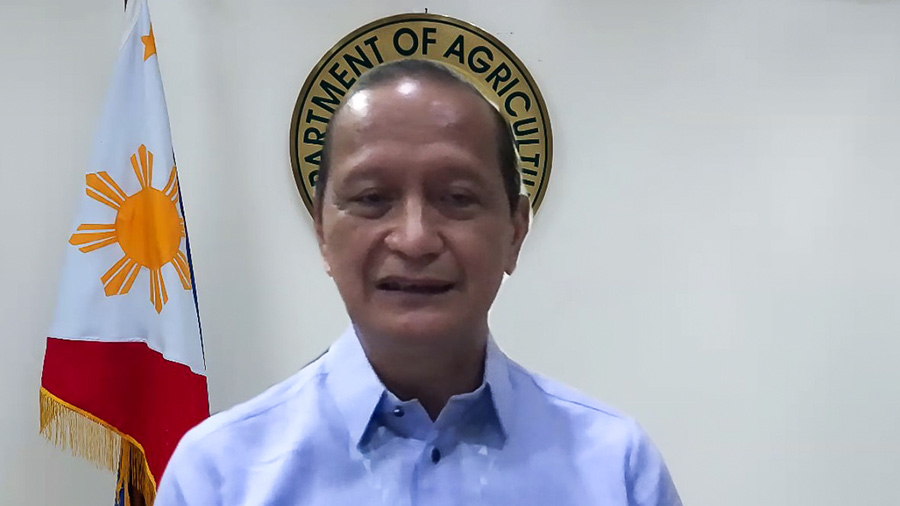A midterm evaluation report conducted by the International Rice Research Institute (IRRI) on the Rice Competitiveness Enhancement Fund (RCEF) suggests the need for a more aggressive registry process so that more farmers can benefit from the distribution of certified seeds, according to the Department of Agriculture (DA).
Leo Sebastian, DA undersecretary for rice industry development said the report noted RCEF’s seeds component has an overall high level of efficiency in meeting its goals and relevance for individual farmers.
However, Sebastian said, many farmers who could be recipients are not properly registered.
The Registry System for Basic Sectors in Agriculture (RSBSA) is part of the minimum requirement to obtain certified seeds through RCEF.
As of March 2022, there were 5.45 million farmers, fishers and farm workers registered under the RSBSA.
DA said the report noted that despite the 95 to 97 percent utilization rate of certified seeds that farmers received from the RCEF seed component, the Philippine Rice Research Institute (PhilRice) confirmed 3 to 5 percent of farmers received their seeds late.
The midterm evaluation as of July 2023 also brought up the need to establish a mechanism to identify locations where delivery is late, followed by synchronization of the timing of seed delivery with the cropping calendar in these areas.




